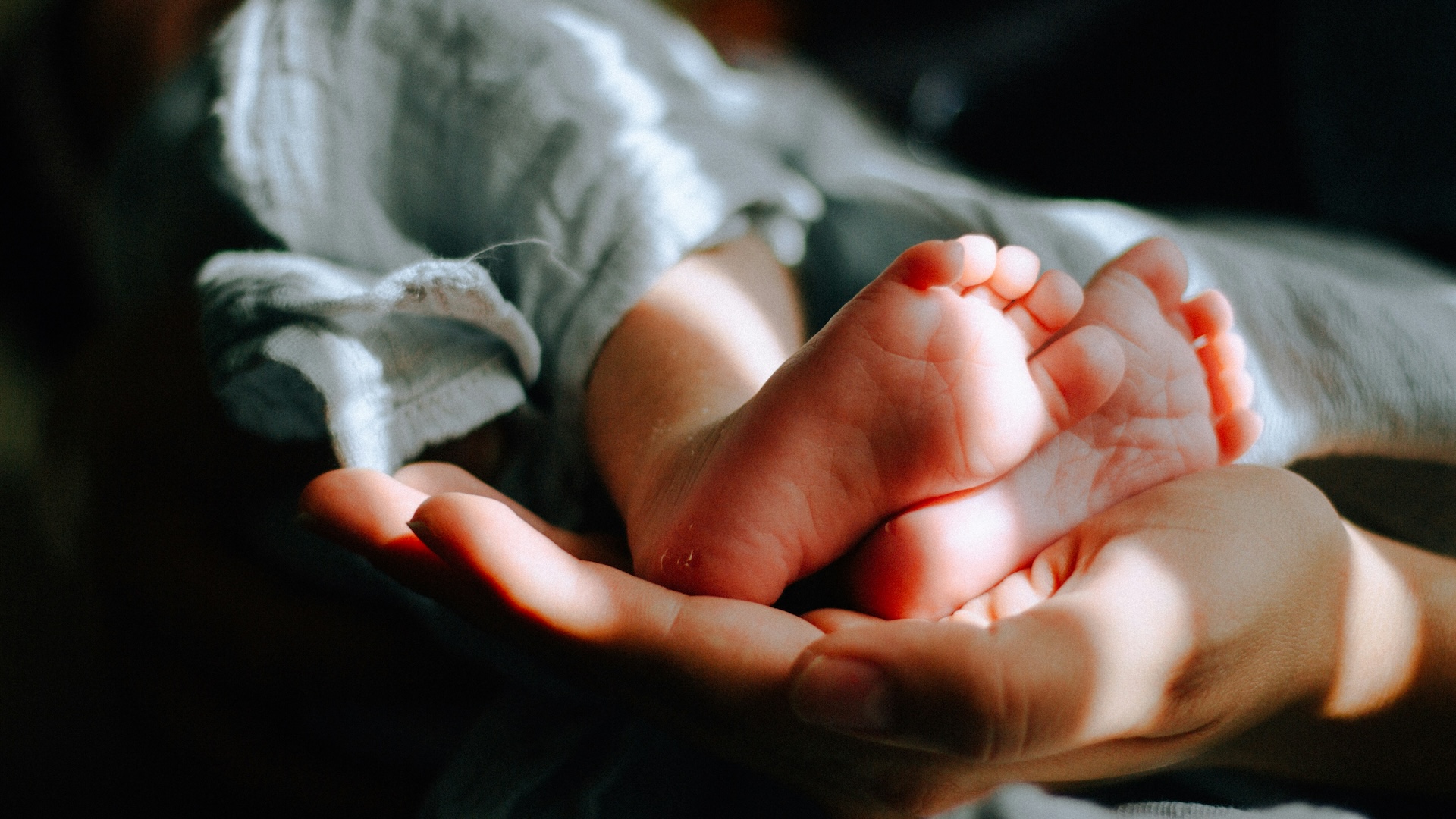More babies are dying before their first birthday, with those in deprived areas, the north of England and Black and Asian ethnic groups worst affected, according to new research.
Analysis of national statistics by Health Equity North suggests that “cuts to local government, a struggling NHS, and increasing numbers of families living in poverty” is leading to a rise in infant mortality.
A total of 2,240 infants died before their first birthday in 2022 in England, a rise from 2,209 in 2021.
- ‘The pain was too much’: Black woman says she almost died in childbirth due to ‘racial prejudices’
- This is the harsh reality of the two-child benefit cap for families: ‘It’s like wearing a scarlet letter’
Professor David Taylor-Robinson, academic co-director at Health Equity North, said: “An increase in infant mortality rates is uncommon in affluent nations. As a sensitive measure of how we are doing as a society, rising infant mortality serves as an early indicator of policy going in the wrong direction.
“For many years infant mortality was declining thanks to policies that set out to address health inequalities in the early 2000s. However, that success has slowed in recent years with rates beginning to rise again, particularly in more deprived communities.”
The increase has been linked to risk factors such as prematurity, congenital anomalies, low birthweight, ethnicity, maternal age, deprivation, poverty and inequality.





